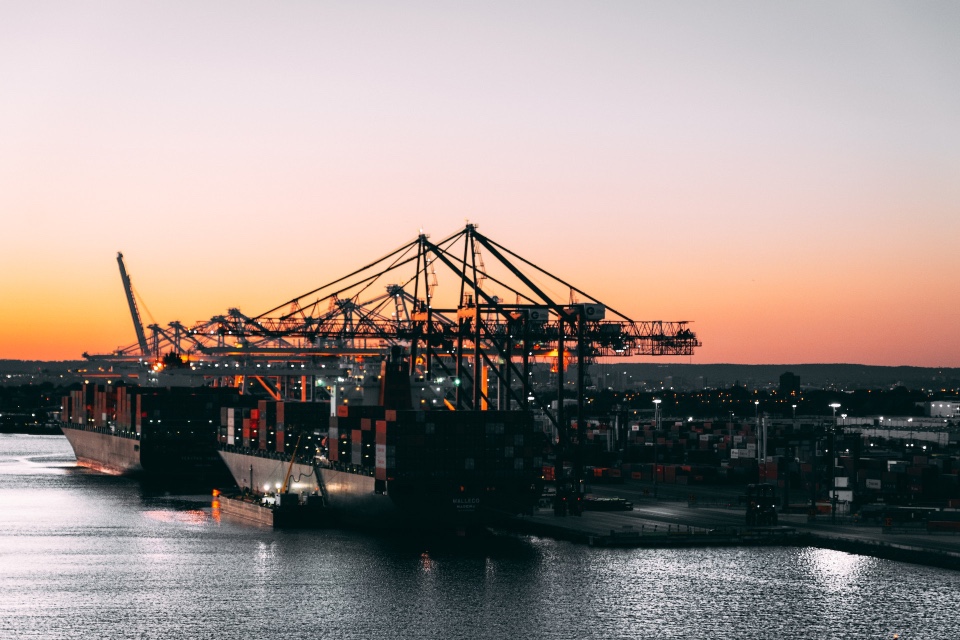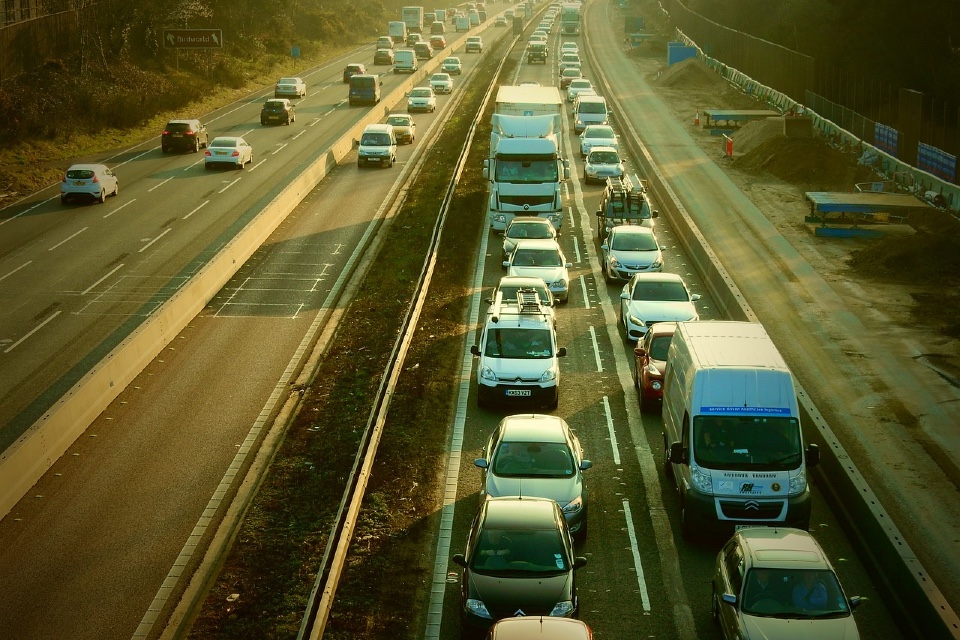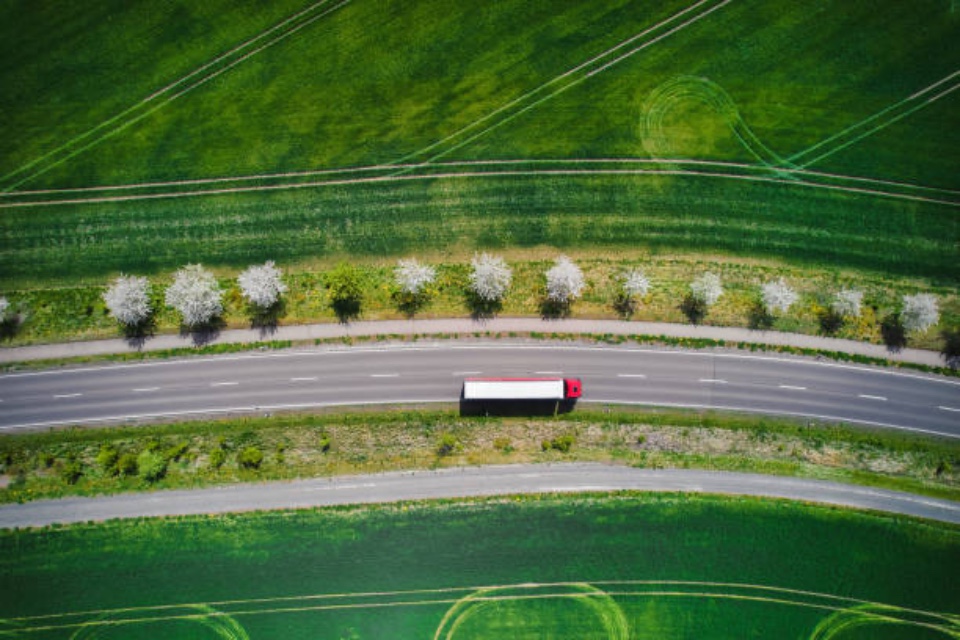 In the latest instalment of our supply chain industry executive interview series we spoke to 7bridges Solution Engineer Cory Haley (pictured, right) about supply chain resilience, the importance of being data led and why we should learn from historical trends…
In the latest instalment of our supply chain industry executive interview series we spoke to 7bridges Solution Engineer Cory Haley (pictured, right) about supply chain resilience, the importance of being data led and why we should learn from historical trends…
What have been the biggest challenges the Supply Chain industry has faced over the past 12 months?
I think in general, the Supply Chain Industry is just coming to terms with its new prominence stroke celebrity on the world stage. In no other time has a function been so dramatically relevant. Regardless of size, all companies are seeing the impact of the decisions made in supply chain management on their overall performance and at times ability to keep the doors open.
The knock-on impacts of Covid, political uncertainty, and a looming recession are producing challenges in ways never considered before, whether your business is selling high-end fashion, automotive parts, dog food, or life-saving pharmaceuticals, it’s your supply chain resilience that matters most.
And what have been the biggest opportunities?
The biggest opportunities for those organisations that incorporated the correct technology and resilience measures into their supply chain during the chaos of the past year were able to not only survive but thrive through uncertainty (and will continue to do so).
Being forced to be dynamic in a time of great change, not to follow the same old standard operating procedures, to invest in people and technology in equal measure, means that companies which were once heralded for their product innovation were now being spotlighted for their ability to get things done!
Companies that went from being so-called “data-led” (leaning on the historical past to drive decisions) to “futurists” by applying AI to that data set will continue to outperform their competitors and are less likely to suffer at the same level when the next global catastrophe.
What is the biggest priority for the Supply Chain industry in 2022?
To learn from the past and to ensure they are capable of promoting a world that applies new ways of thinking in a pretty archaic industry. That coupled with a focus on promoting and implementing technology that can go beyond simple reporting on the environmental impact of a given supply chain, but being able to recommend and execute ways to minimise that negative impact.
What are the main trends you are expecting to see in the market in 2022?
As we approach Scope 3 requirements which will be here before we know it and supporting a shift to a greener supply chain, I anticipate much work being done on how companies can start to understand the environmental impact of their supply chain, and advanced tools and decision making on how to reduce the overall carbon footprint of their supply chain.
What technology is going to have the biggest impact on the market this year?
Clearly, platform tools like 7bridges – which allow organisations the ability to go extremely deep into their potentially disconnected supply chain tools, will lead the way in ensuring companies can build both resilience and performance, capable of handling shocks.
In 2025 we’ll all be talking about…?
I used to think of flying cars and drone delivery. But by 2025 I’m hopeful that the spotlight will be around celebrating organisations that didn’t just manage through crisis and conflict but rather excelled through whatever the next big event will be.
Which person in, or associated with, the Supply Chain industry would you most like to meet?
I’m not sure how to choose, to be honest. I enjoy and get the privilege of meeting with so many talented people in this industry on a daily basis. To highlight one person alone wouldn’t do justice to the talent that not only exists in our industry today, but also the bright minds that are stepping into it.
But if you forced me, I guess I’d say Robert Gair… Gair is credited to being the Cardboard Box inventor – something he made by accident, and I love those kinds of stories.
What’s the most surprising thing you’ve learnt about the Supply Chain sector?
It’s full of super dynamic, interesting and engaging people and stories.
You go to the bar at the Total Supply Chain Summit – what’s your tipple of choice?
Crown Royal on the rocks with a twist of lime. Or whatever pint is on offer. I’m not fussy.
What’s the most exciting thing about your job?
I have the unique pleasure of talking about an amazing technology to new organisations every single day. Hearing where companies are stuck, what their goals are, how they approach problems, and that Aha!moment of finding the solution that ticks all the boxes.
And what’s the most challenging?
Convincing people that it’s ok to let their vulnerabilities show, and to share what they consider messy, meaningless data. People have a pride about these things, and getting them over it can be a challenge.
What’s the best piece of advice you’ve ever been given?
My grandfather always reminded me that we have 2 eyes, 2 ears and 1 mouth for a reason. That looking and listening outweigh speaking 4 to 1.
Peaky Blinders or Stranger Things?
I guess Peaky Blinders, but my Netflix watchlist is a right mess.







